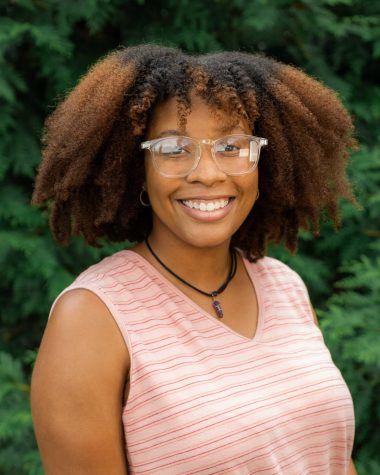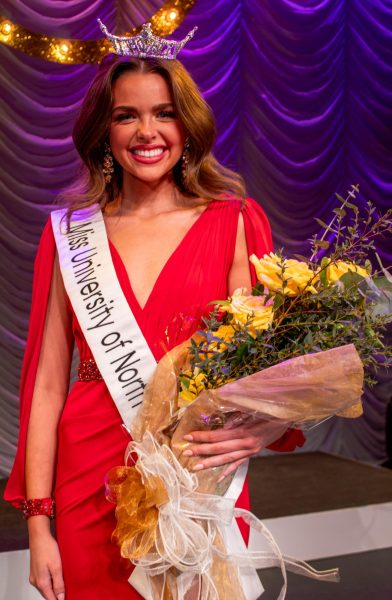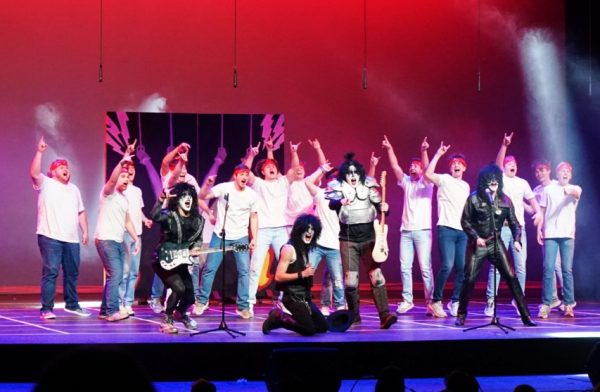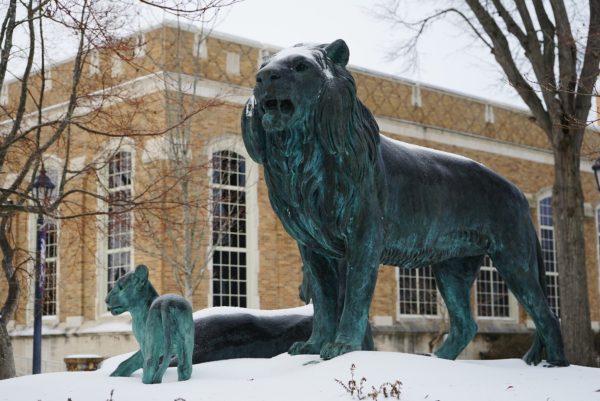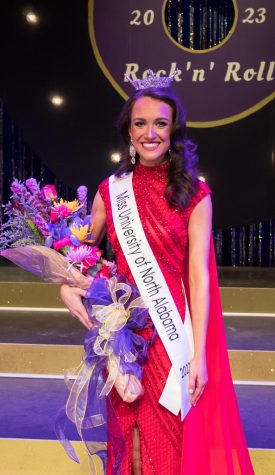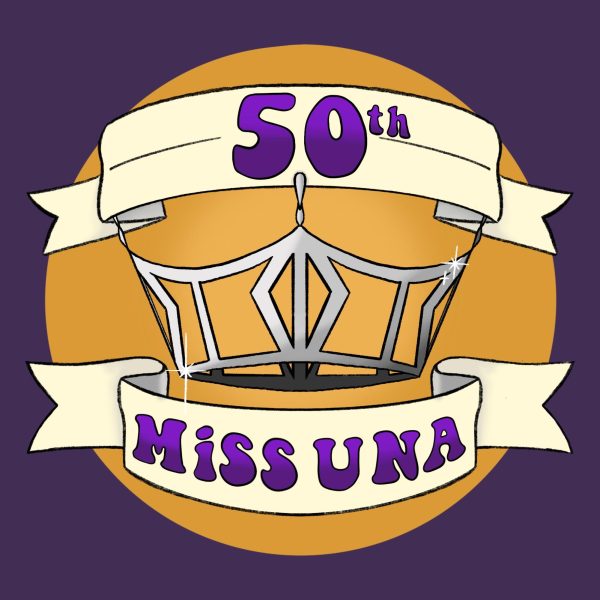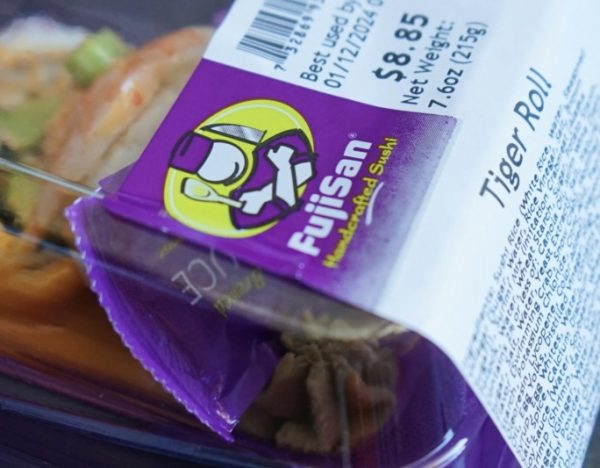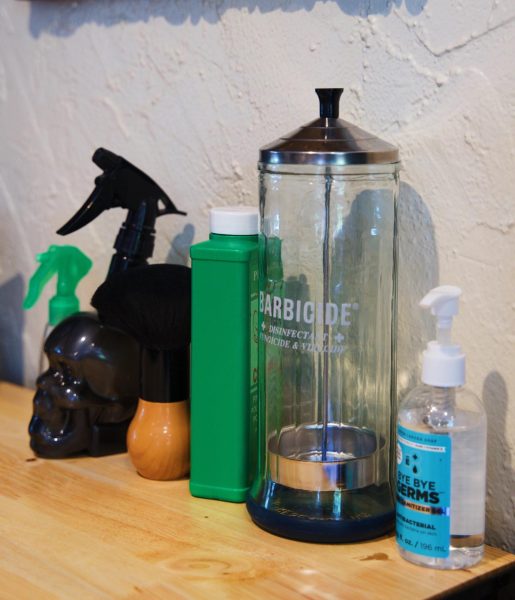The face behind local poetry group, ‘Refugee Verses’
Jaleesa Escott, founder of “Refugee Verses,” is a UNA graduate student in music education and a music theatre teacher at Kilby Labratory School.
August 19, 2021
Black girls don’t cry
They too hard,
Too angry
Too full of pride or self-hate.
Mamma didn’t cry and neither did Madea, so why would she?
In truth, who gave her permission?
In the midst of being taught to be everything magical,
She was taught to be strong, smart, creative, rebellious, a force, to build and keep building.
Nothing less, nothing different.
Who gave her permission to rest?
To feel and acknowledge the brokenness.
Who taught her how to unpack the hurt and heal?
Who taught her to speak her truth and live in it freely?
Who gave her permission?
Who teaches you that when you’re hurt,
You have every right to bleed as loudly as others do?
This is a poem titled, “Black girls don’t cry,” by Jaleesa Escott, 27, founder of local poetry group, Refugee Verses.
Escott is a graduate student at the University of North Alabama, majoring in music education and a music and theater teacher at Kilby Laboratory School for preschool students to 6th graders.
The Flor-Ala was given the opportunity to sit down with Escott and get a glimpse of her thought process when it comes to writing poetry and pursuing her passions unapologetically.
What is Refugee Verses?
Escott: “Refugee Verses is a group that I started, which is going to be a safe place for all poets. I just like the idea of everyone from different walks of life being able to come to one place and being able to feel seen and heard and cared for even if they don’t get that anywhere else in their life. It’s important to have some steady ground for yourself. That’s what I want this to be, but through the outlet of poetry.”
What is poetry to you?
Escott: “I think the biggest thing that I love about poetry is that we all write according to our own identity, so when someone reads their work, you’re getting them – honest and true. It’s like a singing voice. Yeah, you might have some inflections that match other people’s, but it’s so unique to you.”
What made you interested in poetry?
Escott: “Poetry has always been something that came very easily to me. I remember my first poem in the 4th grade: There once was a snail who was eating your mail. He climbed on your back, said it was a snack. From then on, he only ate nails.” The teacher was all about it. She put it on the bulletin board.
I didn’t stick with [poetry], but when I got back in college, especially in my undergrad, it became a way of releasing feelings, even if I didn’t get to share it with someone else. Slowly, but surely it grew, and I realized that sharing that poetry helped too. Poetry became an outlet for me, a very healthy one at that. From there, the love for it grew.”
What inspires you?
Escott: “I write about everything – how I feel, black women, political events that have been going on. Right now, I’ve been really big on black women. I’m working on a book called, “Who Gives a Black Girl Permission…”
I’m [also] working on a poem now titled, “I Don’t Sing America,” and the last line says, “I don’t sing America, but I want to. But every time I open my mouth to sing, someone changes the melody.” It’s this whole thing where I would love to be proud of my country, but my country isn’t proud of me.
Pieces like that, pieces that evoke emotions. Life overall inspires me to write. Things that I see, the different things that I go through. If it makes me happy, I can write about it. If it makes me sad, I’m definitely going to write about it.”
How do you pick out the poems you want to perform?
Escott: “It’s hard. Sometimes, I have to do a process of elimination. What am I feeling the most right now? Or, who is my audience? For instance, with my poem, “Dear You,” we were doing a show that was all about not being alone and being in it together so that poem fit because a lot of times with depression, anxiety and suicidal thoughts, we can do this thing where we think that it’s just us. So, to hear someone else say, “Hey, me too,” kind of opens that window of relief because for some reason, I don’t know what it is about humans, but we feel better to know that it’s not just bad for us. I don’t know if that’s just misery loves company or what but it’s like a “Oh, you’re broken too? So, I’m not crazy.” You find someone you can unite with. That’s why I chose that poem, but when I did a show for I2E2, it was all about the struggles that women go through. It’s all about “who my audience is. What am I trying to say? How do I want to say it?” that determines the pieces I pick. If I can’t, I’ll have a friend step in.”
Why is it important to have in the Shoals Area?
“I’ve always wanted to be a part of a poetry group, but I could never find one. Just being in the Shoals and the things I’ve seen in the past, made me feel like this is a good area to start one up in. The Shoals area is really committed to the arts so just the mention of it has everyone excited. I’m excited to help it grow.”



